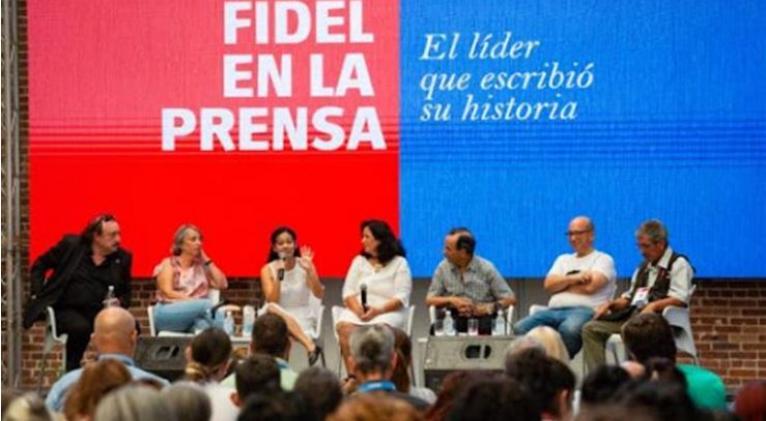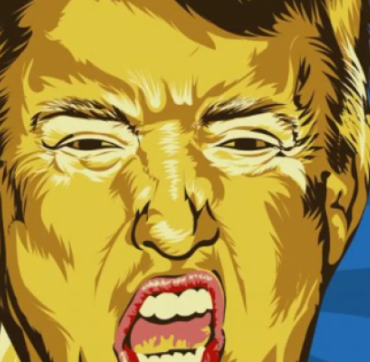Cuba Honors Fidel Castro's Legacy at Press Festival
especiales

Cuban journalists convened in Havana today to discuss the communications legacy of Fidel Castro at the Granma-Rebelde Festival. The event, which celebrates the upcoming centenary of his birth, promotes a press committed to the ideals of the Revolution.
According to a report on national television, participants have been engaged since early hours in debates, sharing experiences, and learning about editorial and multimedia initiatives developed in Havana and other provinces.
“This festival is a boon for the print press,” stated Dorelys Canivell, a correspondent for the Juventud Rebelde newspaper in Pinar del Río, in televised remarks. “It allows us not only to reconnect with colleagues from across the country but also to appreciate the work being done in other regions and on new platforms,” she assessed, reiterating the importance of such events for the national press.
Fidel in the Press: A Lasting Influence
A highlighted activity was the panel titled "Fidel in the Press," where professionals who had the opportunity to interview the historic leader shared testimonies and reflections on his relationship with the media and his vision of communication as a tool for emancipation.
Franco-Spanish journalist and academic Ignacio Ramonet emphasized the historical leader's precision with language and his skill in turning communication into an instrument of struggle. “Fidel not only spoke with clarity, but he also knew how to progressively incorporate the media into revolutionary methods,” he stated.
For his part, the director of Ideas Multimedios, Randy Alonso, highlighted Fidel Castro's ability to interpret reality through the media. “Fidel always insisted on telling the truth and on ethics,” Alonso emphasized, also noting the importance the Commander always placed on timely information, the battle of ideas, and critical thought.
Defining a Communicator
Panel participants unanimously described Fidel Castro as a “born journalist,” whose life was closely linked to the trade of informing, analyzing, and mobilizing from the pages of newspapers, behind microphones, and on screens.
They noted that his communications legacy transcended borders and was also reflected in his profound relationships with other Latin American leaders, such as Commander Hugo Chávez, with whom he shared not only ideals but also a transformative concept of the role of media in society.
The Granma-Rebelde Festival, under the theme "60 years of voice and Revolution," pays tribute to the centenary of the historic leader of the Revolution. It will continue until tomorrow at the cultural station on Línea and 18th streets in the Cuban capital. With this gathering, Cuba inserts itself into the circuit of left-wing festivals held worldwide, particularly in Europe during September, reaffirming its internationalist vocation and its commitment to critical and transformative thought.














Add new comment